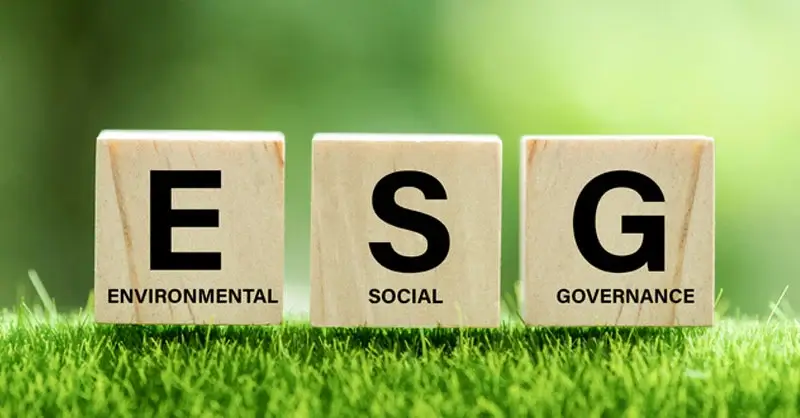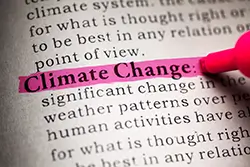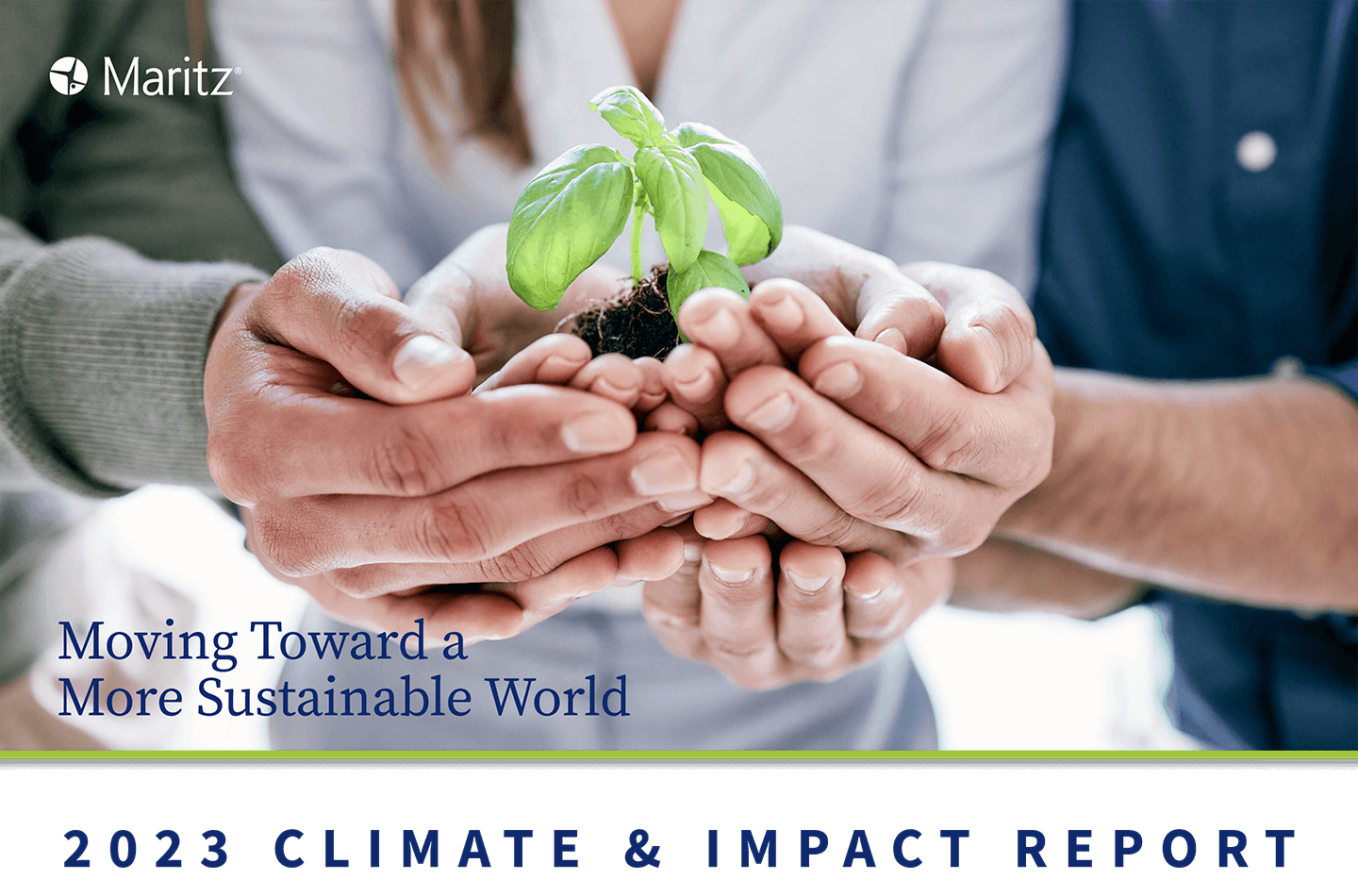
It’s Earth Week! As we count down to Earth Day on April 22, we wanted to share some trends and data we are tracking around sustainability in the events industry. And, because there are so MANY terms in our industry around this topic, we thought we’d start by sharing some quick definitions on a few commonly used terms. Starting with these:
Carbon Emissions – Scope 1, 2 and 3
A way of categorizing the different types of carbon emissions a company creates:
• Scope 1 is from a company’s direct operations
• Scope 2 is from energy the company purchases
• Scope 3 is from its broader supply chain – like meetings and events.
Carbon Offset
Compensating for greenhouse gas pollution made by removing the same amount of pollution from the atmosphere – think: reforestation, conservation, etc.
Carbon Neutrality
Carbon neutrality is achieved when an entity’s carbon emissions are balanced by carbon removals. Being carbon neutral does not mean your operations will produce zero emissions, but it does mean you are choosing to lead by example and walking with a lighter carbon footprint.
Net Zero
Net Zero is defined as the goal of removing the same amount of greenhouse gas emissions as the amount produced by an entity.

Environmental, Social and Governance (ESG)
In an effort to push businesses to be more socially and environmentally conscious, regulators and stock exchanges are increasingly requiring companies to report on these three areas related to sustainability, ethics, and corporate governance.
EcoVadis and Carbon Disclosure Project (CDP)
Two trusted providers of business sustainability rating and management systems.
COP
Shorthand for Conference of the Parties, it’s the annual U.N. Climate Change Conference where world leaders meet to discuss sustainability goals and commitments.
Hopefully, that helps make things a little more clear; we know how confusing it can get.
Which term would you add to the list or want to know more about?


